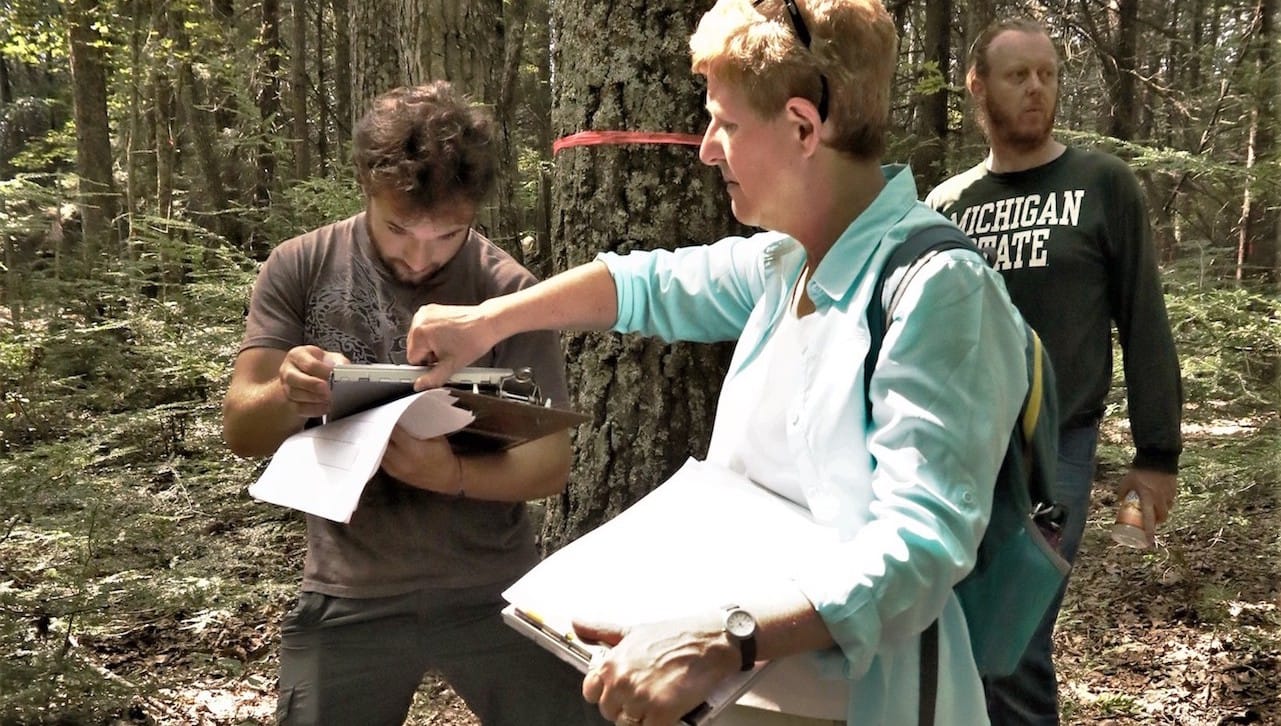A Closer Look at Biology Studies at Scranton

A degree in biology prepares graduates for a broad range of professions in fields such as health sciences, environmental science and policy, education and technology.
In anticipation of students’ post-grad pursuits, The University of Scranton’s Bachelor of Science in Biology meets most of the course requirements for health professional graduate programs such as medical, dental and veterinary. Scranton’s medical school acceptance rate is consistently above the national average, averaging nearly 80 percent for the last 20 years. Recent graduates have been admitted into leading medical schools including Weill Medical College of Cornell University, Jefferson Medical College, the University of Connecticut and the University of New Hampshire, among others.
Scranton’s biology majors have also been successful entering graduate programs of studies at numerous institutions, including Cornell University and Texas A and M University. Graduates have also entered the workforce at companies such as Sonofi, Abbott Labs, Becton Dickinson, Biomed Labs and Fisher Scientific, among others.
With plenty of research opportunities, undergraduate students majoring in biology work one-on-one with faculty advisors and even have the potential to co-author papers and present at international conferences. Examples of Faculty/Student Research projects are “Effects of estrogen on bone quantity and density,” “Modeling stenotic aortic valves in a cardiovascular model” and “Morphine addiction in ants: a new model for self-administration.”
“Every biology student is assigned a faculty advisor in their sophomore year who not only helps with course selections but becomes an extension of a student’s support system,” said Terrence Sweeney, Ph.D., professor of biology and physiology program director. “Faculty advisors are there to help students understand their goals – and themselves – better.”







